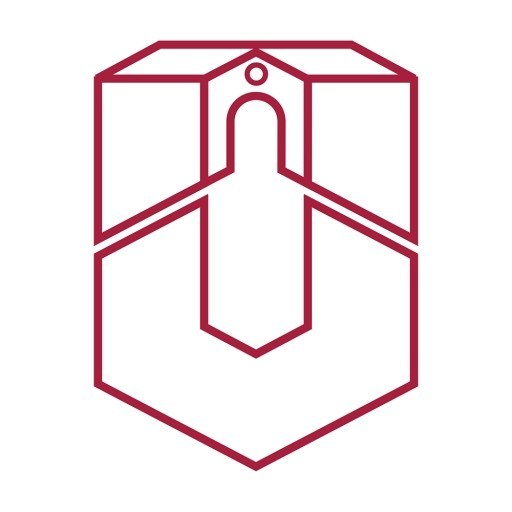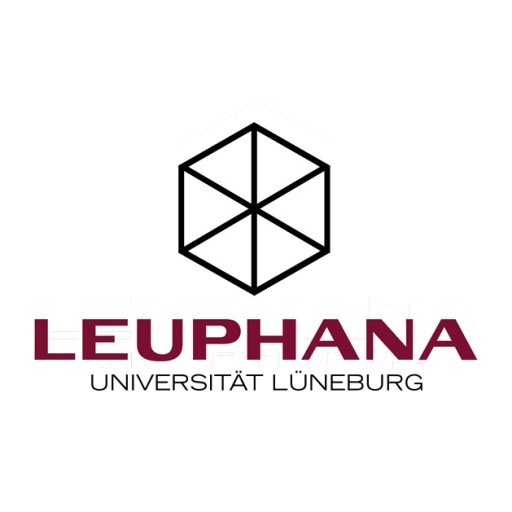Photos of university / #ruhrunibochum
The Bachelor's degree program in Criminal Justice, Governance, and Police Science at Ruhr University Bochum offers a comprehensive and interdisciplinary education designed to prepare students for a wide range of careers within the criminal justice system, public administration, and law enforcement agencies. This program combines theoretical foundations with practical applications, enabling students to understand the complexities of criminal behavior, justice processes, and governance structures in a modern society. Students will explore key topics such as law enforcement practices, criminal law, criminology, organizational management, and public policy analysis, fostering critical thinking and problem-solving skills necessary for effective decision-making in professional contexts. The curriculum emphasizes interdisciplinary learning, integrating perspectives from sociology, political science, law, and social sciences to provide a well-rounded understanding of the institutions, procedures, and social dynamics involved in maintaining order and administering justice. Throughout the program, students have opportunities for practical training, internships, and research projects, which help bridge the gap between academic theories and real-world applications. Graduates will be equipped with analytical competencies, legal knowledge, and ethical awareness required for careers in police service, governmental agencies, security consulting, and related fields. The program also emphasizes the development of communication skills, teamwork, and intercultural competence, which are essential in multicultural and evolving societal contexts. With a strong focus on contemporary issues such as digital security, human rights, and social justice, students are prepared to contribute meaningfully to the ongoing development and reform of criminal justice and governance systems. This program is suitable for students interested in law enforcement, public administration, legal studies, or social sciences, seeking a comprehensive education that combines academic rigor with practical relevance. Upon graduation, students will be well-positioned to pursue advanced studies or enter professional roles that require a deep understanding of the legal and social frameworks shaping modern society.
Educational organisation
The programme is structured into- an introductory colloquium with intercultural training
- five basic modules and a module on research methods
- two specialisation modules (or one specialisation module + internship) and a module on research analysis + four-day excursion to Brussels
- a final colloquium and Master's thesis
The interdisciplinary interconnection and the preparation for the Master's thesis will be discussed in the final colloquium.
The Master's exam (Master's thesis) takes place in the fourth study semester.
The ECUE Office offers individual academic guidance and counselling as well as non-academic support with formalities, buddy-programme, etc.
Seminars and tutoring sessions in small groups are organised specially for students of the ECUE Master's programme.
Furthermore, the teaching staff offers extra consultation hours and academic support.
Study abroad unit(s)
Students have the option to spend one semester abroad at one of the partner universities.Forms of assessment
Nine of the ten modules in this Master's studies programme will conclude with an examination and subsequent awarding of relevant credit points (CP). 1 CP equals a study workload of 30 hours. The modules comprise the following workload:- introductory colloquium = 3 CP
- basic modules and specialisation modules = 10 CP each
- module on research methods = 12 CP
- module on research analysis + study excursion + final colloquium = 15 CP
Course objectives
During the Master's programme, students will have the opportunity to study social, political, cultural, and economic contexts on an equal footing.Based on this disciplinary breadth, the aim is to discuss, reflect, and analyse the development, structures and processes of a European space in a comparative way. The students learn how to explain, classify and evaluate Europe-related questions and topics in a scientific manner.
Qualified as specialist generalists, graduates will be able to build on their Master's qualifications, opening up new directions in their career choices within international companies, institutions and organisations, including research.
Language requirements
Good German language skills: International students should have successfully completed standard German language competency testing at the time of application (e.g. Deutsche Sprachprüfung für den Hochschulzugang, DSH). Alternatives to the DSH qualification include the TestDaF (minimum standard required is 4 x TDN 4 in 4 subtests) and the following tests conducted by the Goethe Institute abroad: Goethe Zertifikat C2, Zentrale Oberstufenprüfung (ZOP), Kleines Deutsches Sprachdiplom (KDS) or Großes Deutsches Sprachdiplom (GDS). On request, a completed German Studies major may also be recognised as an equivalent standard.Good English language skills, at least: TOEFL (89 internet-based/569 points paper-based), IELTS (5.5), Cambridge qualification FCE, or English level B2 of the Common European Framework of Reference (CEFR). A completed undergraduate degree in English, including study of the subject English, may also serve as confirmation of requisite skills. Alternatively: proof of a stay abroad (high school, college, internship, work) in an English-speaking country (minimum six months)
Required DSH / TestDaF
YesAcademic requirements
- Bachelor's or equivalent degree (in disciplines like social science, economics, cultural studies, literature and language studies, history, philosophy) with excellent results and grades (at least 1.9 according to the German grading system)
- The contents of your BA (or equivalent first) studies should serve as a profound basis for the ECUE Master's programme. You must prove at least 30 credit points besides your major subject (see ECUE website).
- German, English certificates
- ECUE application form (see ECUE website)
- University diplomas (see ECUE website)
- Application essay (see ECUE website)
Enrolment fees
Social fee of approx. 300 EUR per semester (including a semester ticket covering public transport in the state of North Rhine-Westphalia)Costs of living
Minimum of 670 EUR per month to cover personal and living expensesFunding opportunities within the university
Scholarship Fund of the Ruhr University (recipients receive approx. 300 EUR per month)For international students:
- Who already studied at least one semester at RUB by the time of application; shown a good to very good performance during their studies and demonstrated outstanding commitment in the RUB's international context: Recipients receive approx. 300 EUR per month for a period of six months.
- Who are close to their final degree; have shown a good to very good performance during their studies, and are reliant on financial support during their final phase of study: Recipients receive approx. 400 EUR per month for a period of four months.
http://www.ruhr-uni-bochum.de/bildungsfonds/info-studierende/en/index_en.html
Arrival support
Advice/assistance in visa affairs, help with registration at the foreigners' authority, buddy programmeOrientation week each semester to acquaint international students with the Ruhr University, the city of Bochum, the Ruhr area and life in Germany.
Services and support for international students
The ECUE study programme's office offers intensive assistance and guidance for the duration of the study period, which starts well before arrival in Bochum.We offer support to students experiencing visa problems etc. Once students have arrived in Bochum, the office helps with formalities (registering as a resident, health insurance coverage, opening a bank account, etc.) and in particular with developing study plans.
Of particular assistance to international students is the ECUE buddy programme, instigated to provide student-to-student mentoring during the initial semester of study in the areas of practical living skills and study-related queries. This has contributed to an integration of various generations of students attending the programme at any one time.









